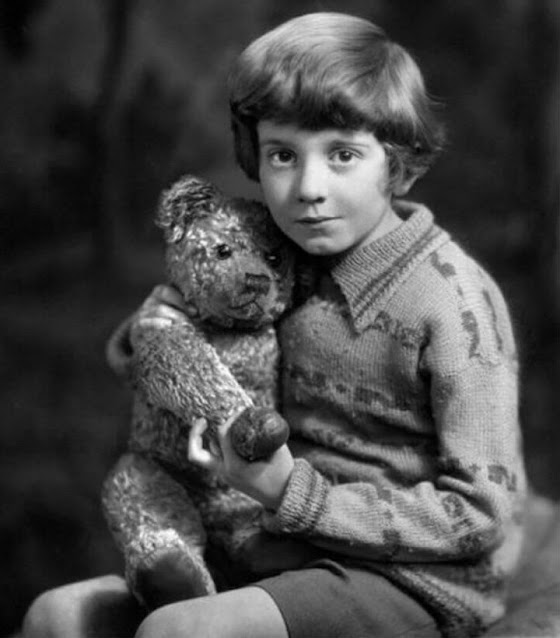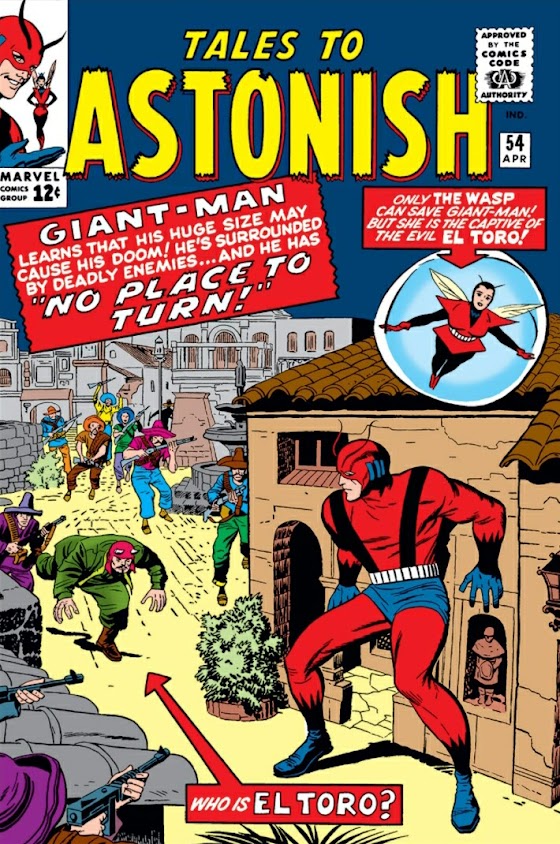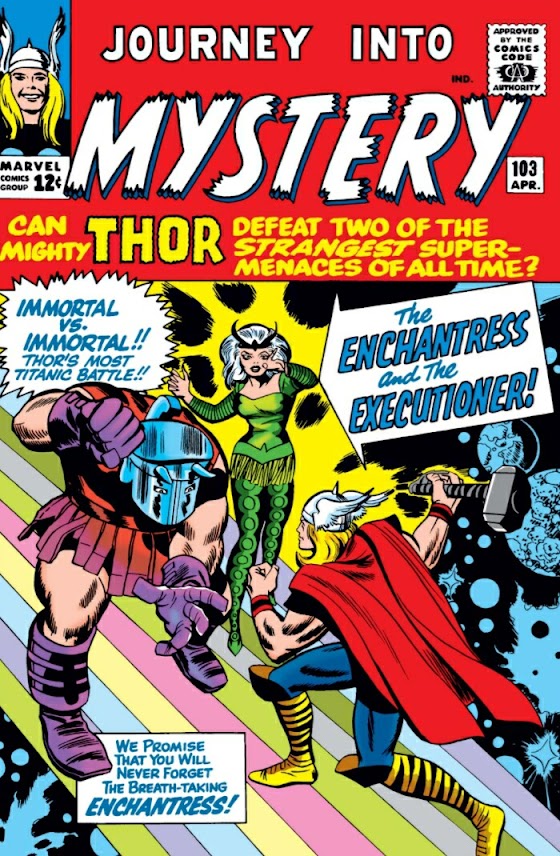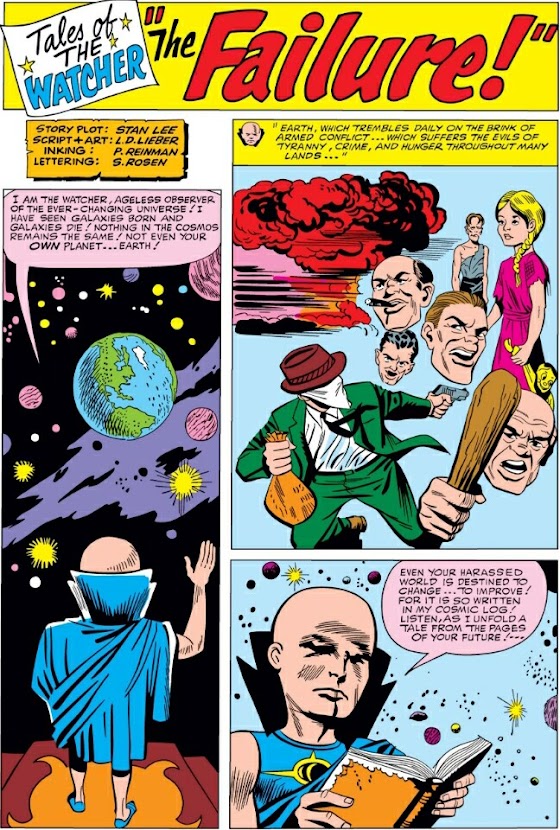Ever since "Twilight" was released I've heard people groaning that vampire films are always love stories. I don't understand what they're complaining about. Bram Stoker's novel "Dracula", written in 1897, was a love story. In the tradition of gothic literature love and tragedy are combined. Count Dracula's love for Mina, a woman who doesn't love him in return, leads to his death. This story was retold in the films "Nosferatu" (1922), "Dracula" (1931) and "Dracula" (1958). In all three films the sole motivation for Dracula's crimes was love. Love drove him to the most hideous of acts. Love and vampirism are entwined so tightly that I'd say that a vampire film without love isn't a real vampire film.
In this film the ancient vampiress Louise (Nina Hoss) is searching for her lost lover. He's long dead, and she thinks she can only recognise him by his eyes, whether he's been reborn as a man or a woman. She believes that the young pickpocket Lena (Karoline Herfurth) is the one, so she makes her a vampire in order to live with her forever.
The film flopped at the box office, earning only $1.2 million from an $8 million budget. The only reason I can give for its failure is that people didn't give it a chance. They didn't think it could be good because it was German. That's a mistake many film fans make today. They forget that the world's first vampire film was German. It took a few years for the film to be noticed, and it's now made a profit from its DVD sales.
A few years ago the English Wikipedia page for "We are the night" was almost empty, just a stub. Now a complete article has been written which isn't based on the German Wikipedia page and contains a lot of new information. In the overview it's stated:
"The film explores themes of depression, self-harm, the consequences of immortality, suicide, and explores Valerie Solanas' idea of an all-female society".
That's an interesting summary which contains thoughts not contained in the German page. I drew a connection with Valerie Solanas the first time I watched the film, but I thought it would be going too far to talk about it in my review. Now I feel bolder. Louise tells Lena that there are about 40 vampires in Europe, 200 worldwide, all of them women. The men were too loud and too stupid, so they all ended up dead. Now an agreement has been reached that no more men will be turned. That's a very sensible strategy. If it's not possible to rid the world of men altogether, it's a good compromise to only allow women to be immortal. If a man is annoying, just let him die.
Critics of the film have said that it copies too many ideas from existing films. Why is that a problem? I would say that every vampire film that's been made for the last 50 years is a pick and mix from what's gone before. It's a genre that loses its appeal if too much is changed.
This is a brilliant film. If you're a vampire fan you need to watch it. If you're a feminist you need to watch it. In fact, if you're someone who likes any sort of film you ought to watch it.
.jpg) | Order from Amazon.com |
| Order from Amazon.co.uk | |
| Order from Amazon.de |































.jpg)























